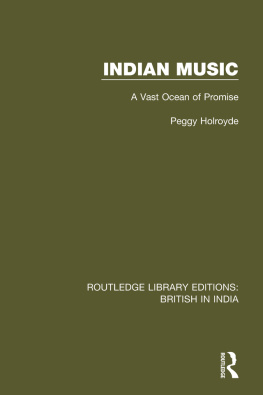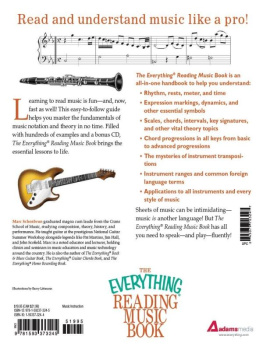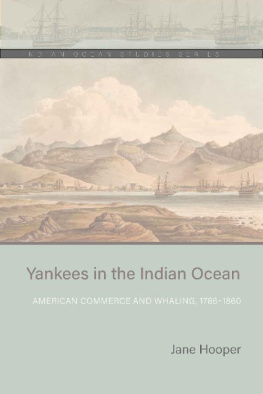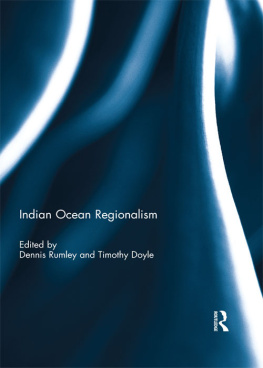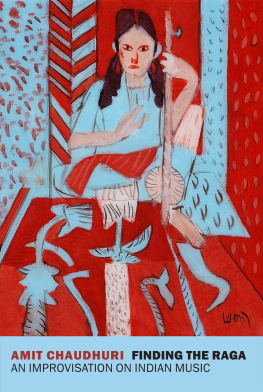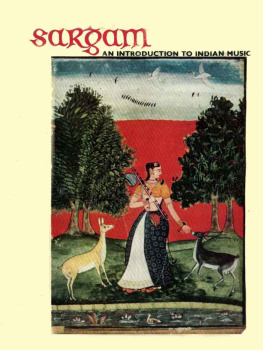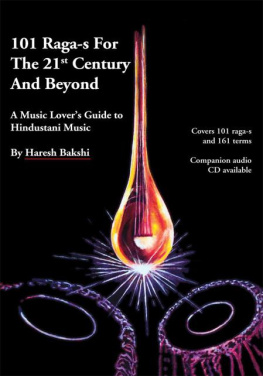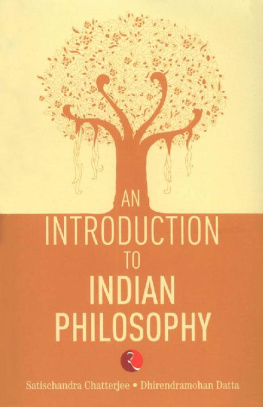ROUTLEDGE LIBRARY EDITIONS: BRITISH IN INDIA
Volume 15
INDIAN MUSIC
Indian Music
A Vast Ocean of Promise
Peggy Holroyde
First published in 1972 by George Allen & Unwin Ltd
This edition first published in 2017
by Routledge
2 Park Square, Milton Park, Abingdon, Oxon OX14 4RN
and by Routledge
711 Third Avenue, New York, NY 10017
Routledge is an imprint of the Taylor & Francis Group, an informa business
1972 George Allen & Unwin Ltd
All rights reserved. No part of this book may be reprinted or reproduced or utilised in any form or by any electronic, mechanical, or other means, now known or hereafter invented, including photocopying and recording, or in any information storage or retrieval system, without permission in writing from the publishers.
Trademark notice : Product or corporate names may be trademarks or registered trademarks, and are used only for identification and explanation without intent to infringe.
British Library Cataloguing in Publication Data
A catalogue record for this book is available from the British Library
ISBN: 978-1-138-22929-7 (Set)
ISBN: 978-1-315-20179-5 (Set) (ebk)
ISBN: 978-1-138-29079-2 (Volume 15) (hbk)
ISBN: 978-1-315-26559-9 (Volume 15) (ebk)
Publishers Note
The publisher has gone to great lengths to ensure the quality of this reprint but points out that some imperfections in the original copies may be apparent.
Disclaimer
The publisher has made every effort to trace copyright holders and would welcome correspondence from those they have been unable to trace.
INDIAN MUSIC
INDIAN MUSIC A Vast Ocean of Promise
by Peggy Holroyde
Foreword
by Ravi Shankar
First published in 1972
This book is copyright under the Berne Convention. All rights are reserved. Apart from any fair dealing for the purpose of private study, research, criticism or review, as permitted under the Copyright Act, 1956, no part of this publication may be reproduced, stored in a retrieval system, or transmitted, in any form or by any means, electronic, electrical, chemical, mechanical, optical, photocopying, recording or otherwise, without the prior permission of the copyright owner. Enquiries should be addressed to the publishers.
George Allen & Unwin Ltd 1972
ISBN 0 04 780020 8
Printed in Great Britain
in 11 point Plantin type
by W & J Mackay Limited, Chatham
Before I could comprehend the principles of Indian music I had first to understand the workings of my own Western system. It was a young student at the Royal College of Music in London who gave many hours of her time and first set me on the road into this book, by explaining the fundamentals and then listening patiently through hour upon hour of Indian raags. That was Carol Walker. Then I went to an old friend, Donald Swann, who was kind enough to play the examples I wished to hear illustrated upon the piano; and so it went on until I found myself in the basement of the School of Oriental and African Studies in London where Nazir Jairazbhoy and John Barham took over.
To them all I am very grateful, and to those many Indian friends who have always answered my tedious but necessary questions: Prodyot Sen who has always taken patient care of all I ever needed; Rajeshwari Datta, celebrated singer of Rabindra Sangeet and now lecturer in Indian Music at S.O.A.S.; the late T. K. Jayaram Iyer; Dr Narayana Menon; Debabrata Chaudhuri; and in most recent times in Leeds, Devika Subramaniam, a young South Indian player of the veena. And long ago in the fifties there were those such as the late poet Vallathol and Rukmini Devi Arundale in Malabar and Madras respectively who gave such warmth, such philosophy and good advice.
There are also those who have suffered more by having to teach me Hindi and Urdu. R. Agrawal and D. K. Vohra worked valiantly against the overwhelming odds of a pupil who was too busy trying to harness together a host of other interests at the same time!
But there are three people to whom I owe most. The first is my long-suffering husband who never saw me for months during the hours of the night when all was quiet but for the sounds of typing and haunting raga melodies. Another is Ravi Shankar whom we had the joy first to meet in New Delhi in 1954 and who set off the first electric spark. Since then he has, even in his most preoccupied time, been generous with his help, bubbling humour and wisdom in curtailing my more foolish mistakes. And there is my son-in-law Peter MacGowan, newly arrived in the family, who, when he was a student at Durham University, made me sit down one evening with his stereo headphones and listen to three hours of concentrated group music. I could not hear myself think immediately after that experience but the impact sank in. A whole new world of musical possibilities and intellectual stimulus opened to me Pink Floyd, The Who, The Cream, Third Ear Band, Tyrannosaurus Rex, the Beatles of course, and now Quintessence.
I have been educated by all these people, but none of it would be down on paper without the remarkable efforts in deciphering the impossible made by Mrs C. D. Brown of Hindustan Steel in London, without Valerie Barton in Yorkshire who not only struggled with all the Indian words but imbibed a real enthusiasm for the music in the process, or lastly Kirstie Kean who retyped the entire manuscript to a deadline until her back ached. Also, I wish to thank Dr Suresh Awasthi of the Sangeet Natak Akademi in New Delhi for supplying the photographs of many musical instruments.
I would like to thank all the authors whom I have quoted, with full acknowledgements both in the text and in the Bibliography, for their generous advice and help with copyright.
To those from whom I have not heard (although every attempt has been made to contact them) and to their publishers, I hope this recognition will suffice.
by Ravi Shankar
Interest in Indian music has always existed in the West; I even remember it from my childhood days when I used to be in the troupe of my brother Uday, whose performances of classical Indian dancing attracted so much attention in the West from the 1930s onwards. Many people were fascinated by the music, but it was secondary to the spectacle of the dance, and classical music on its own was only appreciated or understood by a select few. There were some people who professed a knowledge of Indian music but treated it as a museum piece. I am chagrined even today to see that there are still people who categorize it in the same way as music from Java, Bali, Borneo or Africa; that is as 'ethnic' music, and though this is found more in the USAput it under the classification of Ethnomusicology.
This reminds me of something which happened a few years ago at a music seminar in Madras. A very learned Indian scholar of music got up and suggested that 'from here on we should term Western classical music as "ethnic music" because in India what we really consider classical music is our own'. This resentment goes to show how strongly and proud we feel about our music. I personally feel that the only two 'classical' forms of music are the 'Western' and the 'Indian' because of their roots and development which have never stopped up to date. Apart from the fact that the roots of our music are found in the religious scriptures of the Vedas which date back not less than three to four thousand years, and that it has been handed down from the guru to his disciples, they have both developed an intricate system based on strong disciplines and rules.

